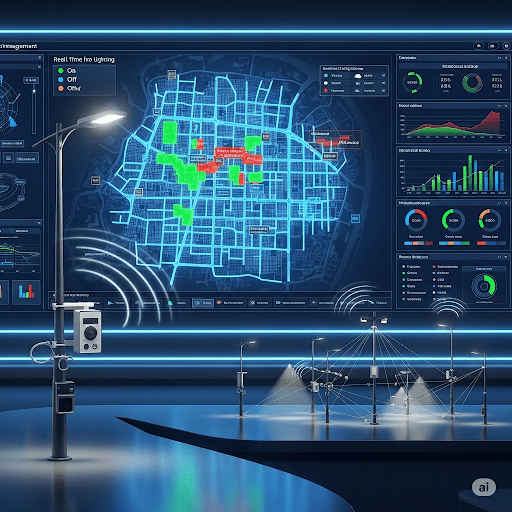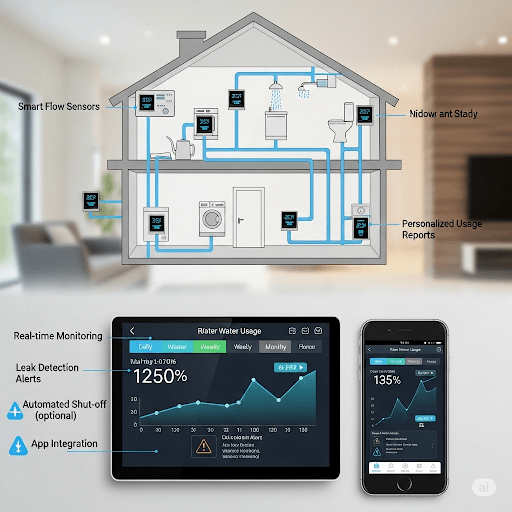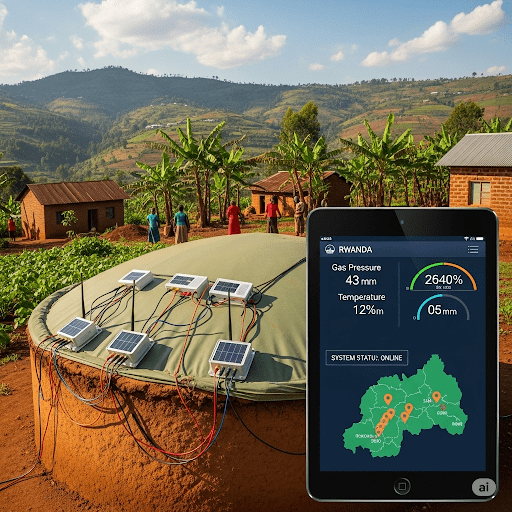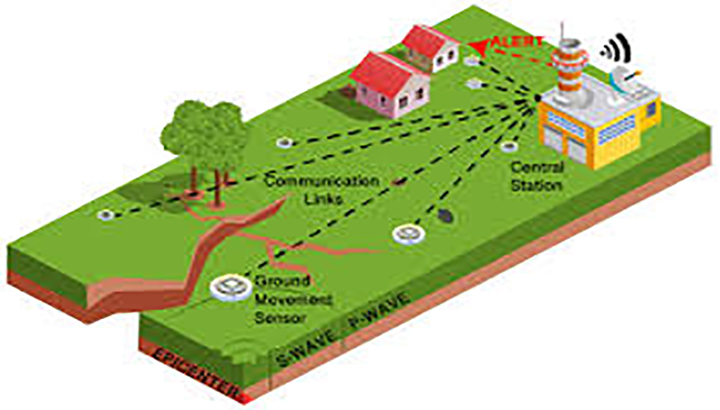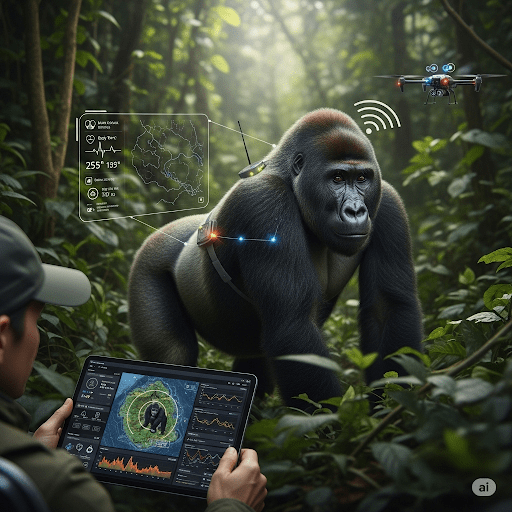Smart Dustbin for Clean City IOT Based Project
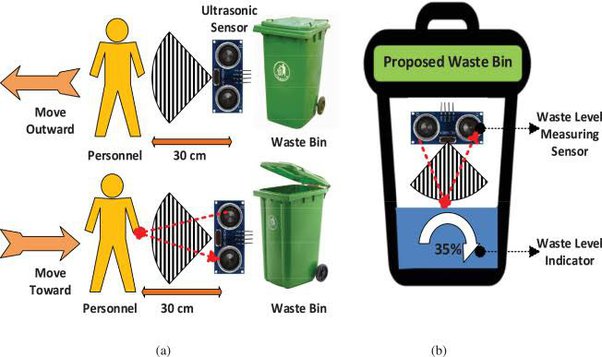
In the modern era of smart technology, efficient waste management is a significant concern, particularly in urban areas. This project introduces an innovative smart dustbin system designed to enhance hygiene, convenience, and efficiency in waste disposal. The core of the system is an ESP8266 microcontroller, which manages the entire operation and facilitates connectivity to the cloud for real-time monitoring. The smart dustbin utilizes an ultrasonic sensor to detect the presence of a person and determine the level of waste inside the bin. When a person approaches, the sensor triggers the servo motor to automatically open the lid, ensuring a touch-free experience. Once the person moves away, the lid closes, minimizing the risk of contamination and promoting better hygiene.
The smart dustbin is also equipped with a buzzer that provides auditory feedback during the lid's opening and closing operations. This feature ensures that users are aware of the dustbin's actions, enhancing the overall user experience. The ultrasonic sensor continuously monitors the waste level inside the bin. When the bin reaches its full capacity, the system sends a notification to the cloud, which can be accessed by users through a web interface. This real-time data allows users to monitor the dustbin's status remotely, ensuring timely waste disposal and preventing overflow, which can lead to unsanitary conditions.
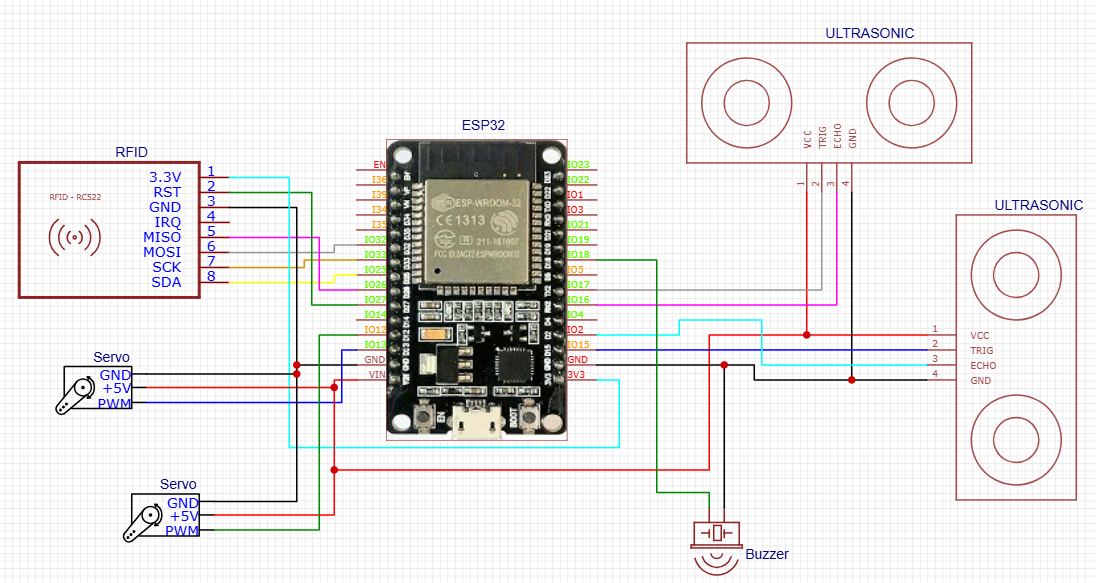
The integration of the ESP8266 microcontroller with cloud connectivity offers significant advantages in terms of remote monitoring and management. Users can receive alerts on their devices, view the fill level of multiple dustbins in different locations, and plan waste collection schedules more effectively. This smart dustbin system not only improves the efficiency of waste management but also contributes to a cleaner and healthier environment. By leveraging modern technology, this project aims to provide a practical solution to urban waste disposal challenges and promote sustainable living practices.
Related project idea for free
Intelligent management system for streetlight
The main objective of this research is to assess the importance of using an automated streetlight management and monitoring system. This research seeks to contribute in REG’s management and monitoring of streetlight. The information obtained through the research will assist different organi...
Read more>>household water consumption management system - IoT based project
Water is a vital resource in practically every aspect of our lives, including our homes, where water is used for cleaning, drinking, and a variety of other activities. Governments have already put in place strategic measures to supply this natural resource in urban and rural areas where people dw...
Read more>>IoT based biogas status monitoring system
Biogas is produced from biological process of mixed organic materials with the help of bacteria that facilitate the anaerobic digestion process. Biogas can be produced from manure agricultural waste or from other biomass resources available almost everywhere. Many developing countries especially...
Read more>>flood and landslide disasters monitoring and SMS alert system - IoT based project
Floods and landslides are among Rwanda's biggest calamities, having a significant impact on human lives, human development, property, infrastructure, and the environment as a result of topographical factors, excessive rain, and mining activities. The design and implementation of IoT-based floods...
Read more>>IoT Based Gorilla monitoring system
Rwanda is a country in Africa with many mountains covered in forest. These forests are home to a variety of animal species, making it a popular tourist destination. The most appealing geographical ecology is Rwanda's national volcanic park (NVP) forest, which is home to mountain gorillas. Gorilla...
Read more>>
